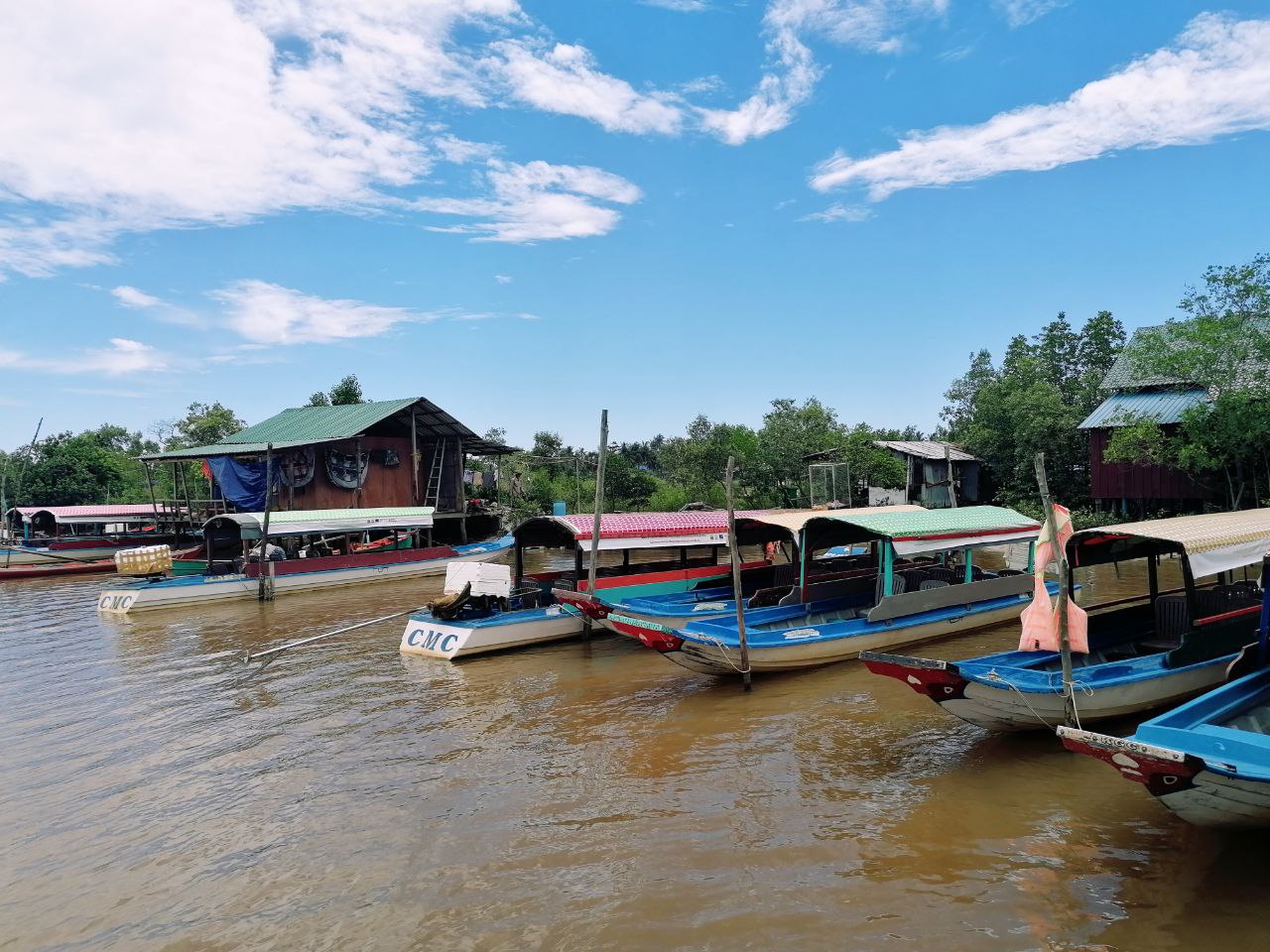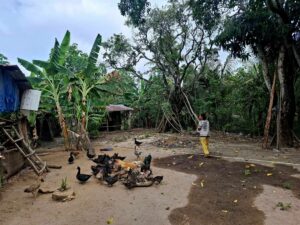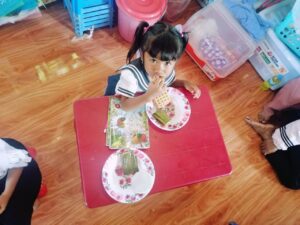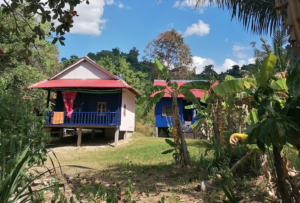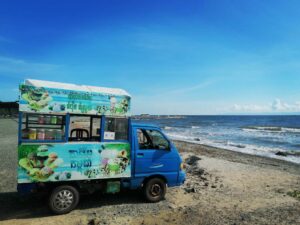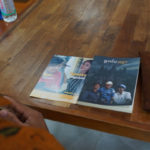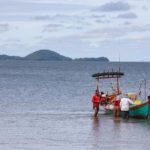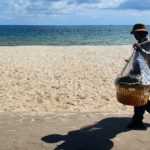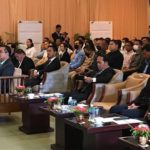Overfishing, pollution, and climate change are threatening the livelihoods of fishing communities and depleting natural resources along the Cambodian coast. To refute the myth that people in poor countries are weak and dependent, it is essential to remind that Cambodians have lived in harmony with the rivers and the sea for thousands of years.
Ocean warming, industrialization and pollution significantly endanger both marine and human life in Cambodia, which is a country reliant on aquatic resources and biodiversity. As the oceans warm, fish populations may move, migrating into deeper waters and posing a severe threat to traditional fishermen’s income-generating activities. Overfishing, which is fueled by technological advancements and fast industrialization, is leading to illegal fishing as traditional fishermen attempt to survive.
Overfishing, rising temperatures and pollution put pressure on mangrove and coral ecosystems, damaging fish natural habitat, wooden houses on stilts and fisheries. Importantly, declining fish catches negatively impact food security and nutrition in Cambodia where seafood is an essential component of the traditional diet and a major protein source, particularly for the rural poor.
Fish trade: Global inequality
Trade in fish is highly unequal worldwide. In the Global South, short-term benefits concern export earnings. In the Global North, fish trade provides less expensive seafood to consumers. Nevertheless, unequal trade could further undermine healthy and productive marine ecosystems and accelerate the depletion of high-value marine resources in poor countries through continued overfishing for export.
Policy, regulation and subsidies are key areas to examine to better understand the factors that are destroying the environment and maintaining global economic inequality. According to the UN, taxpayers in rich countries are funding industrial boats that harm the ecosystems and unfairly compete with artisanal fishermen, jeopardizing food security and the livelihoods of vulnerable coastal communities in poor countries.
Subsidies must be shifted towards a sustainable use of ocean resources. Investment in conservation, restoration, and sustainable management of natural habitats might help to preserve ocean productivity while also supporting the development of a green economy, food security, and jobs for coastal communities. An example of such investment is AEA’s CO-SAVED project which supports fisheries and sustainable aquaculture practices. One of the objectives is to preserve marine biodiversity and ecosystems, while promoting green or blue growth as a sustainable way to improve the livelihoods of the affected populations.
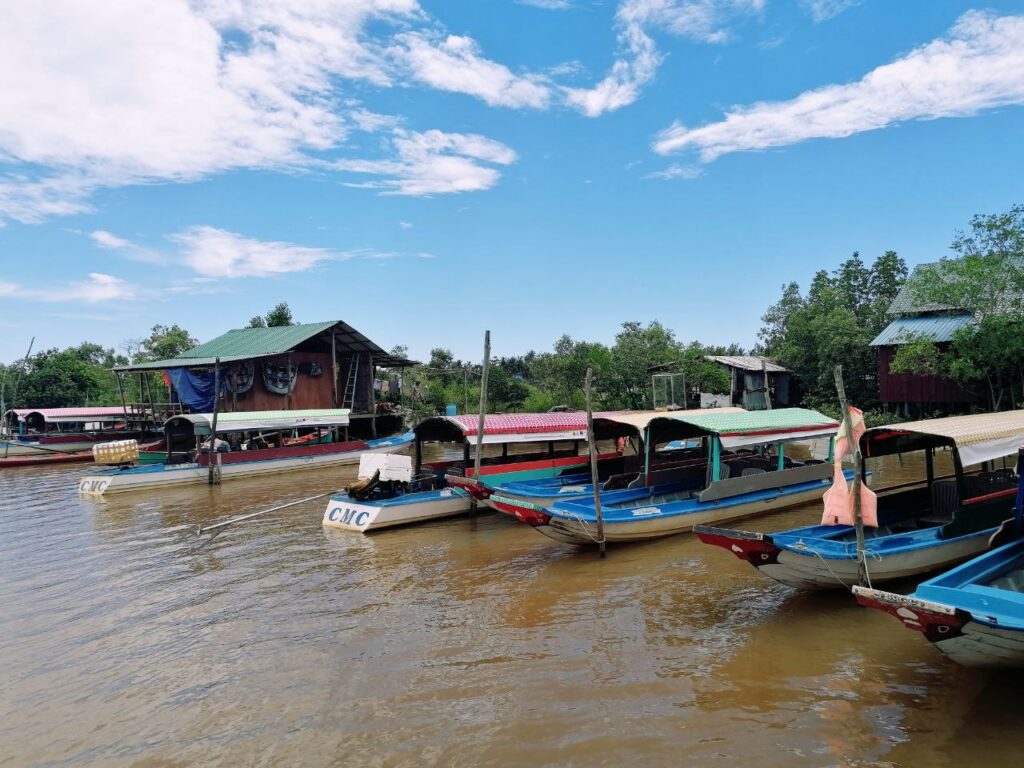
Unsustainable patterns of production and consumption are mostly found in ‘developed’ countries, but are increasingly established in ‘developing’ and ‘middle-income’ countries. For a ‘least developed’ country such as Cambodia, it is therefore essential to follow a different direction than the EU, the US and other ‘developed’ nations.
It is imperative to protect both fish and fishers and to preserve ecosystems, by valuing ancestral practices and knowledge, which is the foundation for a locally-appropriate ‘development.’
Local solutions: Sharing knowledge with the world
Traditional fishing is especially appealing for addressing environmental concerns since it involves a long history and a lifestyle in harmony with (and as a part of) the rivers and the sea. Some Cambodian fishermen still use bamboo baskets and nylon fishing gears. They wear straw hats and Krama scarves to protect themselves from the sun. They are the current heirs of ancient traditions and maintain respectful relationships with both people and nature.
Cambodian people are particularly attached to some of their traditions, organizing every year a fish-catching ceremony, which is an integral part of their cultural identity. Although industrialization and climate change threaten this cultural legacy, traditional fishing indicates a society that has preserved strong and deep connections with nature and wildlife. It is clear that communities have expertise and experience in protecting their natural resources, which are part of their past and of their future history.
While fish habitats and stocks are declining, and food security, income, and cultural heritage are undermined, it is important to understand the value of traditional knowledge, to preserve it and share it, not just locally, but globally. One way to spread it abroad is eco-tourism, which increases people-to-people cultural exchanges. This is about making linkages between climate action, marine conservation, and local economic development, by supporting the livelihoods of those who traditionally rely on natural resources to live, and this for today, and for generations to come.
Some touristic activities have a strong potential to break down barriers between ‘developed’ and ‘developing’ nations in order to build bridges between people of the South and people of the North. For example, learning hand fishing and other fishing techniques that have been passed down from generation to generation is a beautiful experience to live in Cambodia. Tourists coming from industrialized countries have an opportunity to learn from a lifestyle respectful of ecosystems.
Part of the CO-SAVED project, which is co-funded by the EU and driven by the do no harm principle, is focused on environmental sustainability, and includes a range of activities that protect biodiversity while being socially and economically equitable. The initiative supports the development of touristic activities to help people of the Global North learn from traditional lifestyles that are respectful of nature. As an equal exchange, international tourists can contribute to supporting fishermen in the Global South to survive and even thrive in the face of climate change.
For example, on Angkol beach, tourists are invited to engage in marine conservation and to release baby crabs in the ocean, contributing both to their own well-being, and the livelihoods of coastal communities. In Trapeang Sangkae, eco-tourists are invited to discover floating villages, stilted houses and fish farms. Fishermen offer inspiring boat tours in the mangrove forests to show how to protect productive ecosystems that provide shelter and food for prawns, crabs and fishes.
As traditional fishing is now a lifestyle under threat, it is time for the world to learn from Cambodia’s ancestral practices.
Climate justice and economic equality can only be realized when communities in the Global South have access to sufficient income to protect their natural resources from over-exploitation and when people of the Global North get inspired and learn how to live sustainably.
Disclaimer: The opinions expressed in this blog post are those of the author. They do not purport to reflect the opinions or views of AEA or its partners.
